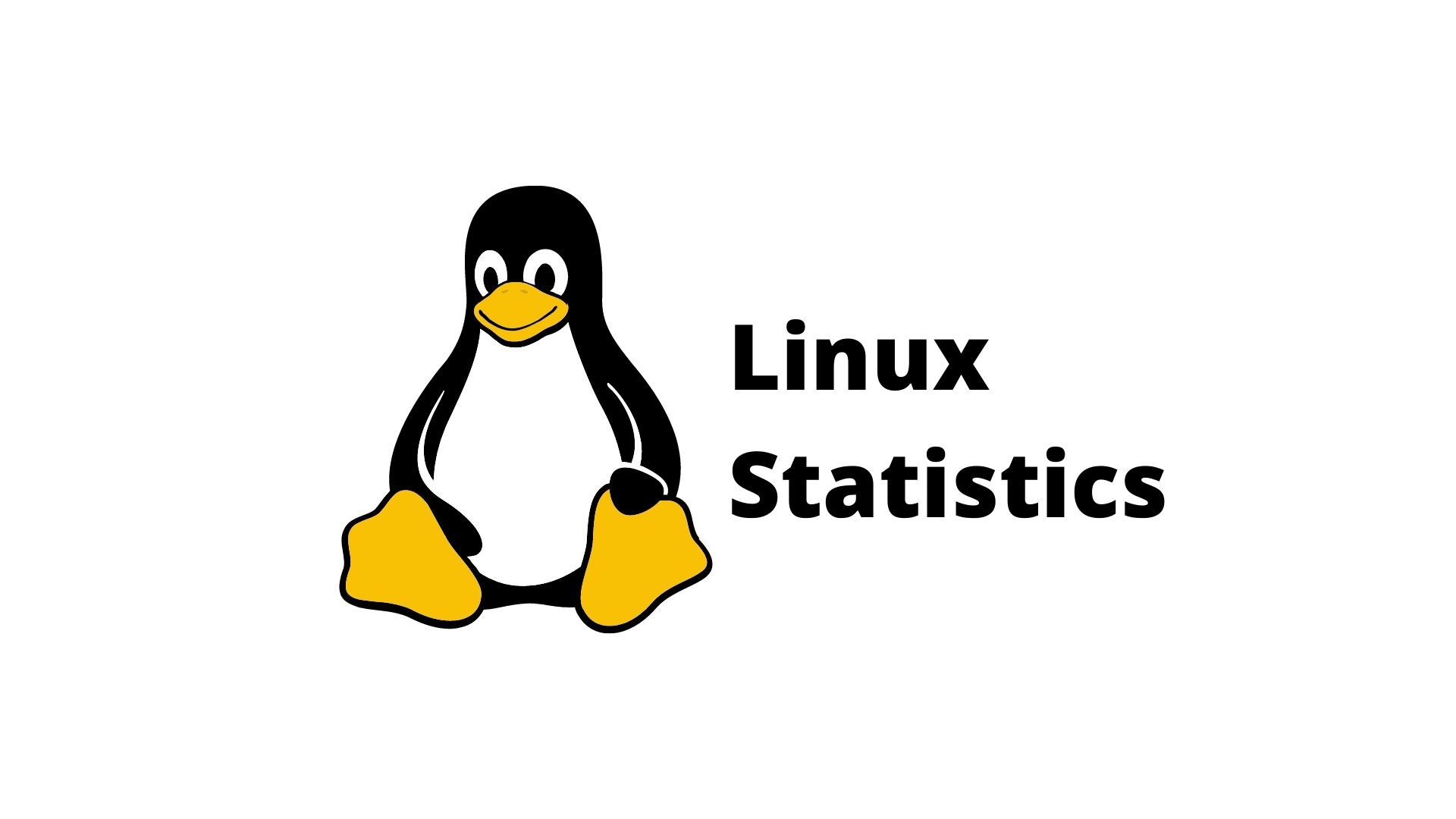Red Hat Reiterates Support for Java EE With New Release
Red Hat officially closed on its acquisition of enterprise Java tools vendor JBoss for $350 million last June. Ever since, Red Hat has been growing its Java application tools business and expanding its development products and projects.
Red Hat executives emphasized their commitment to Java at today's Devnation event in San Francisco with a new middleware platform, while noting that other other languages, notably Microsoft's .NET, are now also being supported as well.
Mark Little, Red Hat VP of Engineering and CTO of JBoss Middleware at Red Hat, told the crowd at Devnation's kickoff keynote that no single programming language has done more to unify enterprise application developers than Java. Its enterprise edition platform, known as Java EE, has widely become the way enterprise middleware is delivered.
New JBoss Release and Java EE Support
Little announced the official release of JBoss EAP (Enterprise Application Platform) 7 as the new flagship platform for Red Hat's middleware efforts. JBoss EAP 7 includes what Red Hat now calls the JBoss Core Services Collection that provides commonly used components needed for enterprise applications, including monitoring, HTTP load balancing and Web single sign-on.
Java EE is still evolving and enterprise Java remains a critical component in every enterprise developer's toolkit, Little emphasized.
“It's quite possible you've heard rumors that Java EE is dead,” he said. “But I am here to say Red Hat is continuing to support Java EE 8.”
Java and Microservices
Going a step beyond just Java EE's existing processes, Red Hat also announced the formation of the micro-profile group, a multi-stakeholder effort to bring microservices to enterprise Java. The goal of the micro-profile group is to help enable developers leverage the skills they have already developed in Java over the last decade or more, in the new world of microservices.
“We believe enterprise Java has a role to play in the future,” Little said.
Red Hat Makes Room for .NET
Java for most of its history has been a Linux-only technology, but that too is now changing. Little announced that the open source OpenJDK Java development kit is now supported on Windows. So while Red Hat's developer tools effort has largely been based on Java for the past decade, there is now room for Microsoft's .NET as well.
At Devnation, Microsoft announced the official debut of the open source .NET Core on Red Hat Enterprise Linux and Red Hat OpenShift, which is one of the key deliverables of a landmark November 2015 deal between Red Hat and Microsoft.
Sean Michael Kerner is a senior editor at Enterprise Apps Today and InternetNews.com. Follow him on Twitter @TechJournalist.

Sean Michael is a writer who focuses on innovation and how science and technology intersect with industry, technology Wordpress, VMware Salesforce, And Application tech. TechCrunch Europas shortlisted her for the best tech journalist award. She enjoys finding stories that open people's eyes. She graduated from the University of California.


